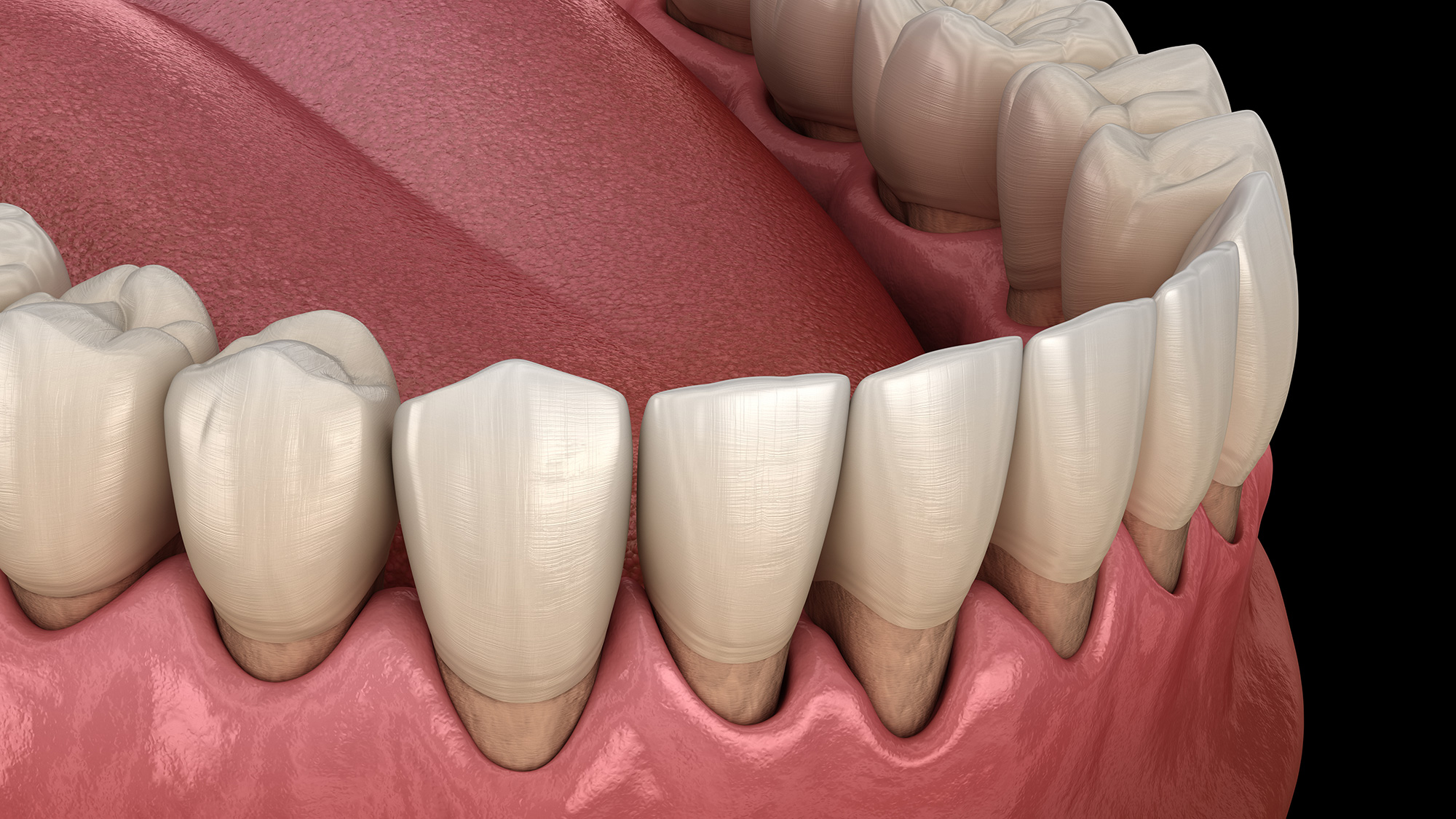
Bacterial build up that leads to periodontal disease is probably the most common cause of gum recession. Unless removed, oral bacteria will grow and attack the gums and bone tissue, making these areas smaller and less healthy. This can cause the teeth to be more sensitive, unsightly, and at greater risk of falling out. Dr. Williams treats gingivitis and later stage gum disease to prevent and stop gum recession.
Many people are born with a tendency to develop periodontal disease and find it challenging to keep bacteria under control.
Gum recession can result from repeatedly brushing too hard or with the wrong type of toothbrush. Brush gently and use a soft bristled or electric toothbrush.
Pregnancy and menopause cause changes in hormonal chemistry that can make the gums extra tender and more prone to developing gingivitis and periodontal disease.
Tobacco use can harm the gum tissues. People who smoke or chew it may find it more difficult to control and remove plaque.
Also called bruxism, grinding the teeth can place unnecessary pressure on the gums, eventually causing the gum line to recede. Clenching has the same effect. Dr. Williams can determine if you are grinding your teeth, which happens most often during sleep.
If your bite is off due to malpositioned teeth, then your gums are subjected to more pressure than they are designed to handle. This can also increase the risk of gingivitis, as these areas may be more difficult to clean.
Body jewelry is a popular trend today but placing it in the lips, mouth, and tongue can cause recession problems in certain gum areas.
Sometimes gum recession happens as a result of a dental procedure, especially traditional periodontal disease surgery and orthodontics.